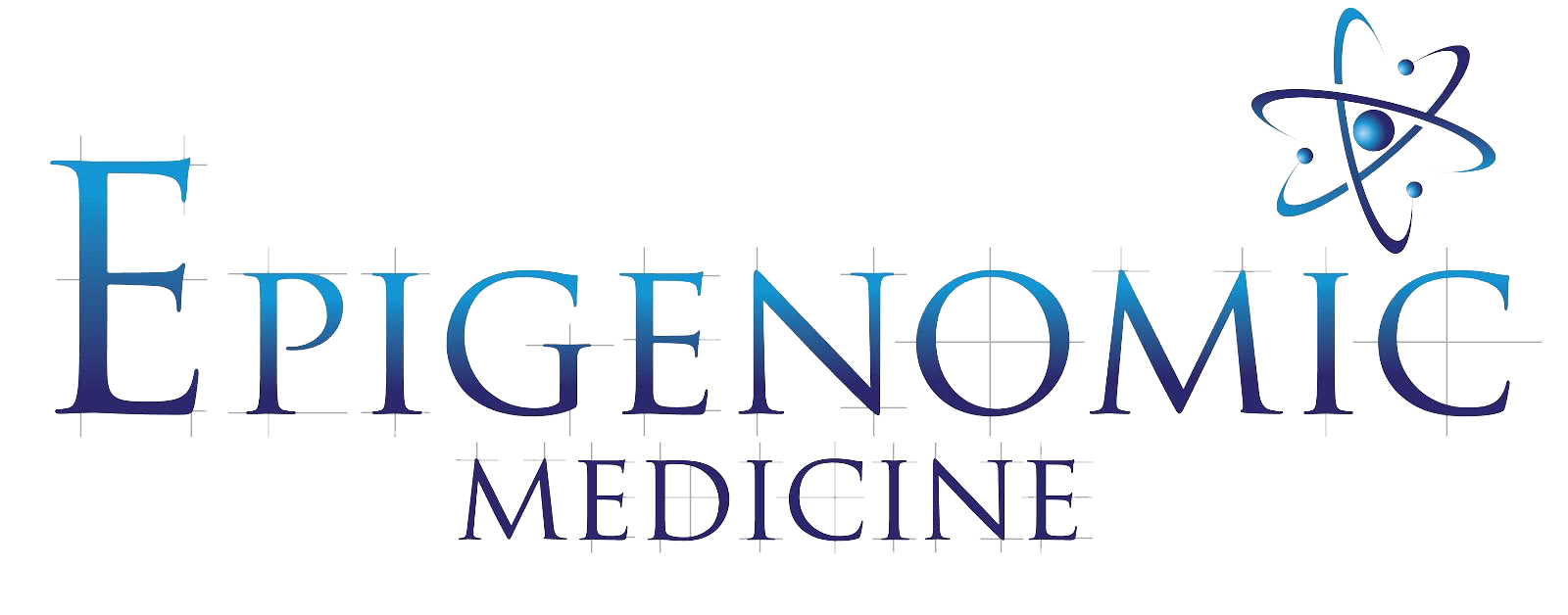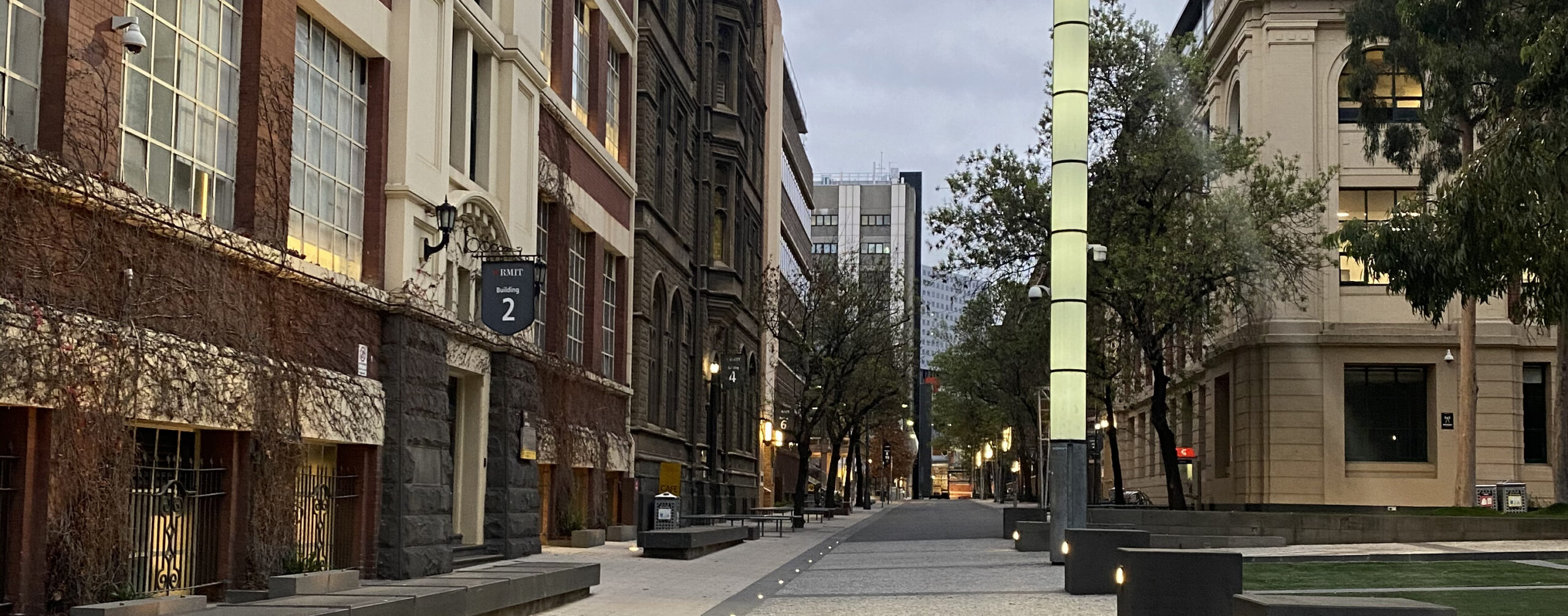It has been a huge couple of weeks with, firstly the Pfizer/ BioNTech, and more recently the Moderna mRNA-based vaccines being granted emergency use authorization by the US FDA. With ~95% effectiveness following two doses of the vaccine there is much optimism …
at the possibility of ending the COVID-19 pandemic.
Following the UK, doses have now been administered in the US, Canada, and Israel with many European countries preparing to initiate their programs.
This is an important achievement for the current US administration’s Operation Warp Speed which has delivered safe and effective vaccines in record time. As highlighted by 44th Governors Briefing on COVID-19 Response & Best Practices, distribution of the vaccines in an efficient and appropriate way is now the major focus… logistics will be discussed in a later issue.
Unfortunately, while waiting for the vaccine, cases have been surging in the US and Europe and widespread mitigations strategies including lockdowns in Europe have been necessary. Essentially Christmas is cancelled in a number of countries (with very tough restrictions in the UK), and the US CDC is advising people to minimise travel and gatherings over the holiday period. Hopefully, there will not be a repeat of the Thanksgiving Holiday situation. [In our part of the World, Melbourne Australia, we are still at zero cases and zero deaths, for 46 straight days now… and Christmas shopping is in full swing].
Although some suggest that increased testing gives rise to more cases (which is simply dumb), there have been some important developments in home testing kits. The Lucira Health: COVID-19 At-home Test kit has been approved by the US FDA, and approvals have followed for the Ellume Covid-19 Home Test and BinaxNOW COVID-19 Ag Card Home Test. This a major advancement with respect to preventing the spread of infection; hopefully, it will help catching infection with SARS-CoV-2 prior to symptoms. This level of regulation is critical and important. In this context, Loma Linda University Heatlh has reported that it has a developed a test that can tell if symptoms are due to flu or COVID-19 in 5 minutes! Another good in home initiative was implement in Iowa, which distributed to COVID-19 “packs” for daily monitoring of vitals; the kit includes a blood pressure cuff and pulse oximeter – this allows people to monitor blood pressure and oxygen levels at home, in an attempt to curb hospitlizations.
Regarding treatment of COVID-19, the hope was that antivirals and therapeutics could provide a bridge until safe and effective vaccines could be distributed. Unfortunately, antivirals have been disappointing; remdesivir is the only one approved for emergency use in people with severe COVID-19 disease; the efficacy of remedesivir is still not clear. Other hyped compounds such as hydroxychloroquine, ivermectin, and a host of other compounds, have been disappointing. What does work is dexamethasone, convalescent plasma, and particularly, neutralising antibodies. Dexamethasone has become an important part of COVID-19 treatment. Despite their great potential, production and distribution of relevant doses of neutralizing antibodies has not been enough to have a significant impact… and now the focus and energy is on production and distribution of vaccines. Although antivirals will probably not have an immediate impact on this current COVID-19 pandemic, it is critical that research continues in this area in preparation for the future; much good work has been initiated and the momentum needs to continue.
Research needs to also continue in aspects of general health and supplementation. It is clear that apart from age, major risk factors for serious outcomes following infection are related with co-morbidities obesity, diabetes, and hypertension. Vitamin D deficiency has also been associated with severe disease. Lifestyle and dietary factors have been widely adopted by celebrities (e.g. in recent weeks, Megan Markhle’s wellness latte; JLo’s Beauty Skincare line) however, we need to support more hard science in these areas.
Of course, safe and effective vaccines are the most probably way for ending infectious pandemics, and we are very close to the finish line. For now, we need a little more patience and to keep practising social distancing and mask wearing until the vaccines work their magic!
Until next time … Tranquilo Polymaths.

